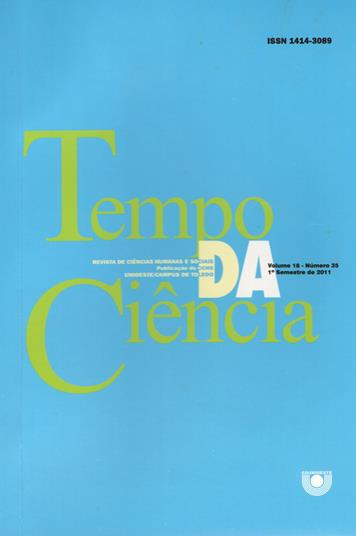O DIREITO NATURAL: DOS CONTRATUALISTAS A KARL MARX
DOI:
https://doi.org/10.48075/rtc.v18i35.9001Palavras-chave:
Direito Natural, Iusnaturalismo Marxista, Positivismo Jurídico.Resumo
O estudo do direito natural, de essência não-escrita ou supra-real, continua sendorelativamente desconhecido no âmbito jurídico. Este artigo procura revisar a literaturapertinente ao direito natural nas suas principais vertentes. O iusnaturalismo clássicoaristotélico-tomista, é de forma prevalente uma teoria dos direitos naturais sociais; enquantoque o iusnaturalismo racionalista - de Hobbes, Locke e Rousseau - é predominantemente uma teoria dos direitos naturais individuais. De outra parte, este trabalho procura clarificar olocus do pensamento jurídico marxista dentro do estudo do direito natural. Pode-se concluirque Marx não abandona completamente o direito natural, especialmente em sua versãoracional. Ele cria o que se denominou de Naturalismo Legal. A posição de Marx envolve umargumento fundamentalmente moral, onde a propriedade privada, por exemplo, é iníqua pornegar ao indivíduo a liberdade e a oportunidade para o seu desenvolvimento igualitário eintegral. Argumenta-se neste artigo a favor de um eterno retorno do direito natural, comoquer Ernst Bloch, especialmente o pensamento e a prática ligados aos direitos humanos.Downloads
Publicado
Como Citar
Edição
Seção
Licença
Aviso de Direito Autoral Creative Commons
Política para Periódicos de Acesso Livre
Autores que publicam nesta revista concordam com os seguintes termos:
1. Autores mantém os direitos autorais e concedem à revista o direito de primeira publicação, com o trabalho simultaneamente licenciado sob a Licença Creative Commons Attribution que permite o compartilhamento do trabalho com reconhecimento da autoria e publicação inicial nesta revista.
2. Autores têm autorização para assumir contratos adicionais separadamente, para distribuição não-exclusiva da versão do trabalho publicada nesta revista (ex.: publicar em repositório institucional ou como capítulo de livro), com reconhecimento de autoria e publicação inicial nesta revista.
3. Autores têm permissão e são estimulados a publicar e distribuir seu trabalho online (ex.: em repositórios institucionais ou na sua página pessoal) a qualquer ponto antes ou durante o processo editorial, já que isso pode gerar alterações produtivas, bem como aumentar o impacto e a citação do trabalho publicado (Veja O Efeito do Acesso Livre).
Licença Creative Commons
Esta obra está licenciada com uma Licença Creative Commons Atribuição-NãoComercial-CompartilhaIgual 4.0 Internacional, o que permite compartilhar, copiar, distribuir, exibir, reproduzir, a totalidade ou partes desde que não tenha objetivo comercial e sejam citados os autores e a fonte.


